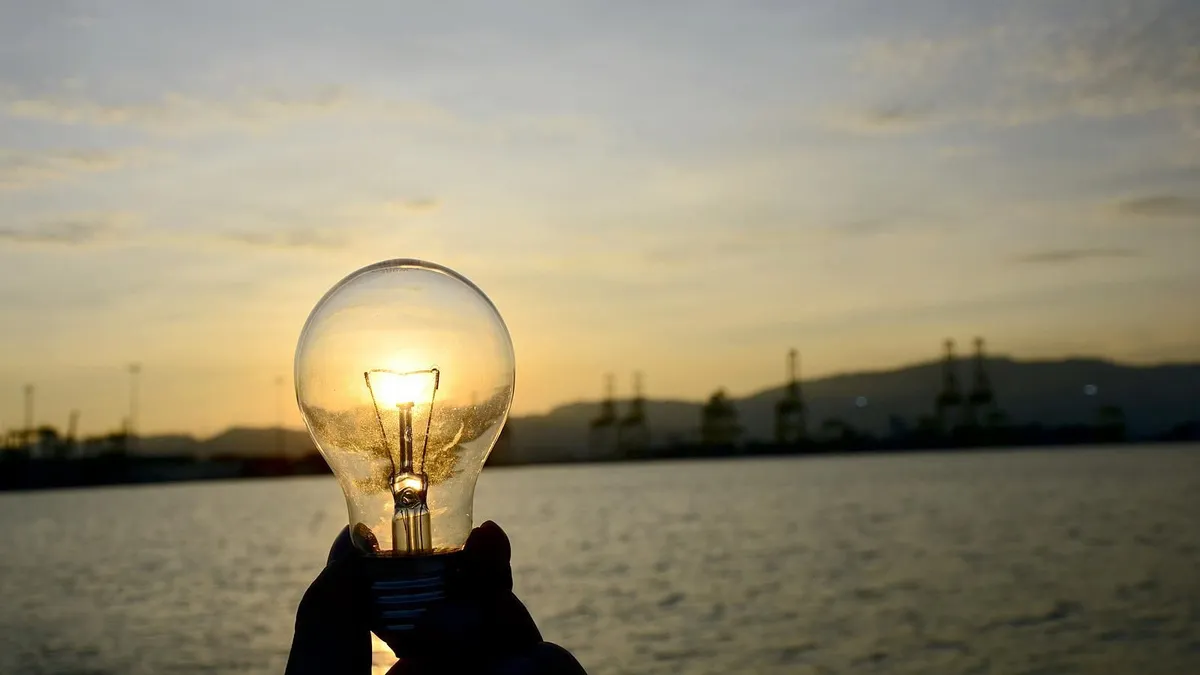Dive Brief:
- The California Public Utilities Commission (CPUC) on Thursday adopted new energy efficiency goals for the state's electric and gas utilities, covering the period from 2020 to 2030.
- Regulators say savings from the first two years will reduce greenhouse gases as much as pulling more than 658,000 cars off the road. The commission's order addresses the findings of the 2019 Energy Efficiency Potential and Goals Study, which identified a decrease in potential energy efficiency savings from utility rebate programs.
- The new savings targets will not include savings from appliance recycling programs, as there are questions about their cost effectiveness and the programs have not been used in recent years.
Dive Insight:
August has been a big month for energy efficiency in California, with the commission allowing its $1 billion annual efficiency budget to target building electrification efforts — something previously prohibited by a "three-prong test" that was developed decades ago to avoid incentivizing gas to electricity switching.
Efficiency advocates say the rule change has the potential to transform the marketplace for energy efficient appliances.
The decision "presents us with an opportunity to find the next wave of cost-effective energy efficiency programs in which to invest," Commissioner Liane Randolph said in a statement.
Savings targets for California utilities are updated every two years. The CPUC last set targets for the state's three major investor-owned utilities, in September 2017.
The commission said the decline in potential efficiency savings from rebate programs was a result of California's efforts to advance new technologies quickly. The order credits "savings from many lighting measures transitioning to code or standard practice."
The commission also said that while potential savings are increasing from behavioral, retrocommissioning and operational programs, as well as codes and standards programs, "there is still an overall decrease in energy savings potential across all scenarios in the 2019 potential study," relative to the 2017 efficiency evaluation.
In its Thursday order, the CPUC also suspended for three years a requirement for utilities to undertake ex-post evaluations of home energy reports programs, instead allowing them to rely on third-party measurement and evaluation.















